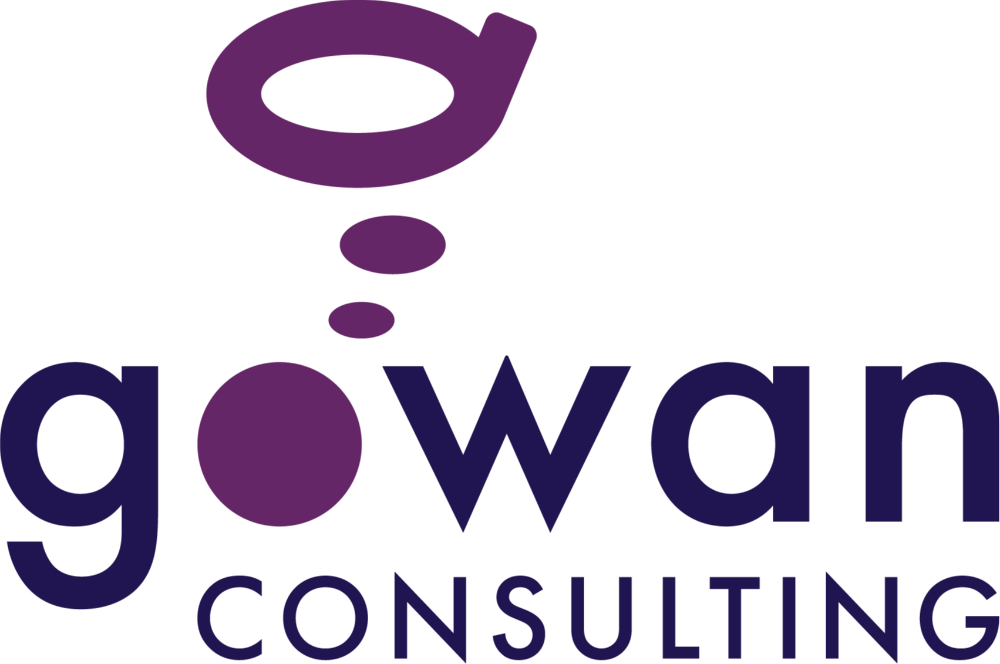The Future of Work: How to Support a Multigenerational Workforce
Aug 01, 2023
As more millennials and Gen Z employees enter the workforce, managers and HR face the task of supporting a multigenerational organization with a blend of talents, experiences, and perspectives. Understanding the shifting dynamic and effectively managing employees with different priorities is essential to fostering a harmonious and productive work environment.
While no generational cohort shares the exact same characteristics, studies show trends of similarity between members of a generation in the way they communicate, work, and perceive the world. Deloitte’s 2023 Global Gen Z and Millennial survey explored how employees in these generations navigate challenges in the workplace and what they look for in employers. According to Deloitte, Gen Z and Millennial individuals are known for their values-driven mindset and their aspiration to make a positive impact on the world. They seek workplaces that align with their core values, provide opportunities for personal growth, and promote socially conscious environments.
Occupational Therapy can play a vital role in empowering newer generations to navigate their professional lives effectively while staying true to their values and achieving a healthy work-life balance. Occupational Therapists’ unique focus on helping individuals overcome physical, cognitive, emotional, and environmental challenges in the workplace can be helpful not only to the Millennials and Gen Z, but also to all generations in the workplace who could benefit from similar support.
Socially Conscious Environments
Under 50% of Gen Z and Millennial respondents believe that businesses contribute to society positively; approximately 40% previously rejected certain work which was not aligned with their values or posed possible ethical concerns.1 It is important for organizations to acknowledge their social and environmental responsibilities, as this shows to be a key deciding factor for potential employees when choosing a position to commit to.
Since we are currently experiencing one of the most diverse workforces, DEI (diversity, equity, and inclusion) is a very central core value to many Millennial and Gen Z workers. Training such as DEI training, leadership training, and psychological health and safety training can help organizations ensure they are fulfilling their social responsibility and continuing to attract top talent. Younger generations may also be interested in more visibility from employers regarding how they are supporting individuals with disabilities to be successful and included in the workplace. Having clear workplace accommodation policies can aid employees in understanding the steps to take to receive accommodation for those groups covered by the Human Rights Code.
Professional Growth
Newer generations in the workforce often experience multiple career transitions throughout their professional journey because of their desire to find work that aligns with their core values. Millennial and Gen Z’s top two considerations when choosing an employer are work-life balance and development opportunities1.
Eddy Ng, Associate Professor and Smith Professor of Equity and Inclusion in Business, conducted research studying work-life balance, in which he discovered more workers in a younger generation preferred in-person work due to distractions at home and the desire to work in a professional environment.2 For these generations who are still discovering their interests and building a career, working from home can impact their ability to grow, as they experience less opportunities to network face-to-face, build a larger professional network, or obtain mentorship. However, older Millennials and Gen X workers often feel the opposite way due to already reaching career heights and desiring less chaotic work environments, therefore preferring remote work.
In addition to considering work-life balance, organizations should also explore development opportunities for employees that will help keep them engaged in the workplace. Opportunities could include skills diversification training, mentorship and coaching, regular feedback and performance evaluation, and providing clear pathways for career advancement. Supporting and investing in employees’ desire for continuous learning and personal growth is key for organizations to retain growing talent.
Mental Health
Younger generations may encounter unique mental health challenges, including increased rates of anxiety and burnout due to stressful working conditions, as well as financial struggles due to the economy. The Deloitte Global 2023 Gen Z and Millennial Survey shows that between 30% to 42% of workers experience symptoms of burnout such as exhaustion and mental disconnect. 1 The survey also showed that many Gen Zs and Millennials continue to struggle with disconnecting from work.
With Gen Zs and Millennial workers placing high importance on their mental well-being and personal fulfilment, they are seeking ways to redefine the concept of work-life balance. Over 75% of Gen Zs and Millennials would mitigate their work-life balance issues by choosing to opt for workplaces that provide part-time work, flexible working hours, and four-day work weeks.1 As the desire to work remotely or in person will vary depending on many factors, such as age, finances, health, career, family, the economy, and more, offering flexible options will support employees in choosing the lifestyle that aligns with their values.
Occupational Therapy for All Generations
Currently, Gen X, Millennials, and Gen Z make up most of the workforce, with older generations such as Baby Boomers exiting as they retire. There are many different perspectives brought forward by individuals of different backgrounds, level of expertise, and expectations. As a result, it is important for organizations to foster a harmonious work setting among employees so that each generation can learn from one another, and newer generations can feel empowered to continue embarking towards their professional career goals.
There are multiple ways Occupational Therapy can help businesses address employees’ diverse needs to enhance productivity and communication:
- Communication Training: Occupational Therapists can provide tailored communication training for younger employees, including active listening, effective feedback, and adapting communication styles for intergenerational collaboration. For Gen Z and Millennials, who are often highly connected online but may struggle with face-to-face interactions, this can be particularly valuable in the workplace.
- Leadership Training: Occupational Therapists can provide leaders with the skills to work with the needs and expectations of different individuals. Training opportunities such as Inclusive Leadership Training can give managers the tools to understand the importance of diversity, communicate with employees about health concerns and functional barriers, and implement stay at work and return to work initiatives in their organization.
- Accommodation Assessments: Occupational Therapists can provide accommodations to ensure that individuals with varying abilities are equally as capable as others to complete tasks. Inclusivity is important to newer generations, so giving every employee the opportunity to succeed in the workplace, no matter their health condition, is important for employee retention.
- Success Coaching: Occupational Therapists can provide individualized skill building coaching, which provides an individual with skills and resources that help them work towards building success. All generations can benefit from creating a customized plan that provides mental, cognitive, and physical support.
- Mental Health Support: Occupational Therapists can provide mental health and stress management training to help individuals identify potential mental health issues and create a de-stigmatized workplace. One-to-one support can also be provided to individuals to help them stay at work while managing their mental health or return to work after taking time off for their health.
How Can Gowan Consulting Help?
Gowan Consulting has Occupational Therapy resources to ensure the safety and wellness of your employees and work environment. We provide assessments, program consultation, and training to cover all your workplace health needs.
- Contact us to provide a consultation on your organization’s health and safety programs.
- Make a referral for an accommodation assessment to help your employees get the tools and strategies they need to succeed at work.
- Take our Psychological Safety at Work Training or Leadership Training on Mental Health, Accommodations, and Inclusion to learn how to build your psychologically safe workplace. Our online workshops and courses cover all the areas of psychological risks within the workplace and assists employers in assessing and reducing the risk by implementing strategies and tools within the workplace.
- Contact us to assess the job demands of your workplace. Our functional assessments and physical, cognitive, and visual demands analyses objectively quantify the essential demands of a job and its tasks. Our Occupational Therapists can assist with assessing the job match for an employee with functional limitations.
Works Cited
[1] Pallozzi , K. (2023, July 4). Think you understand millennials?. Smith Business Insight – Insight. Accessed from https://smith.queensu.ca/insight/content/Think-You-Understand-Millennials.php?utm_source=Subscribers&utm_medium=Newsletter&utm_campaign=Insight_Newsletter
[2] Parmelee, M. (2023, June 14). Making waves: How gen zs and millennials are prioritizing-and driving-change in the workplace. Deloitte Insights. https://www2.deloitte.com/us/en/insights/topics/talent/recruiting-gen-z-and-millennials.html

